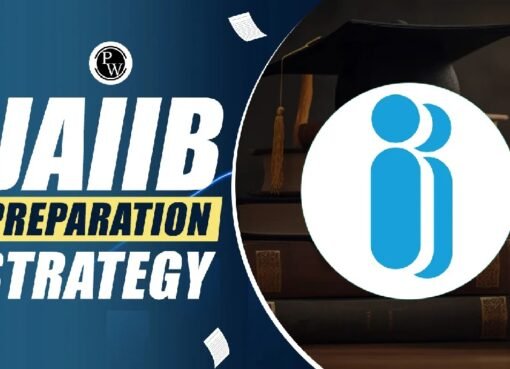PMP vs. PgMP Certification: What’s the Difference?

Are you standing at a job crossroads, wondering which project management certification will catapult your career forward? The world of project management certifications can feel like navigating a maze, especially when picking between the PMP Certification and the PgMP Certification. Think of it this way: if project management certifications were cars, PMP would be your reliable sedan that gets you everywhere you need to go, while PgMP would be the luxury SUV built for those ready to tackle the most challenging terrains.
What is PMP Certification?
The Project Management Professional (PMP) certification is the top standard in project management. Offered by the Project Management Institute (PMI), this widely recognized credential validates your ability to handle projects effectively from start to finish.
PMP Certification focuses on the basic skills every project manager needs: planning, executing, monitoring, and closing projects. It’s built around PMI’s Project Management Body of Knowledge (PMBOK), which serves as the guide for project management best practices.
The beauty of PMP comes in its versatility. Whether you’re managing software development projects, building initiatives, or marketing campaigns, the principles remain universally applicable. It’s built for individual project management rather than overseeing multiple interconnected projects.
What is PgMP Certification?
PgMP certification takes things up several notches. If PMP is about managing individual projects, PgMP is about orchestrating multiple related projects that work together toward a shared strategic goal.
Think of a program manager as a conductor leading a choir. While each musician (project manager) plays their part correctly, the conductor ensures all the sections work in harmony to create a masterpiece. PgMP professionals manage the big picture, aligning multiple projects with organizational strategy and providing benefits that wouldn’t be possible through individual projects alone.
This certification is significantly more advanced and needs demonstrated experience in program management, stakeholder engagement, and strategic thinking.
Key Differences Between PMP and PgMP
The basic difference lies in scope and complexity. Here’s how they stack up. PMP focuses on:
- Single job management
- Tactical performance
- Deliverable-oriented results
- Team direction within one project
PgMP emphasizes:
- Multiple linked projects
- Strategic alliance
- Benefit realization
- Organizational change management
PgMP certification represents a more senior-level credential, usually pursued by experienced project managers ready to move into program or portfolio management roles.
Industry Recognition and Value
PMP Certification enjoys broader recognition across nearly every industry. From healthcare to construction, IT to manufacturing, employers know and value the PMP credential.
PgMP Certification has great recognition in specific areas where program management is critical: aerospace, defense, large-scale infrastructure, and enterprise IT transformations. While less universally known than PMP, it holds significant weight in organizations that understand program management’s value.
Difficulty Level and Preparation Time
PMP Certification needs dedicated study:
- Average planning time: 3-6 months
- Study hours: 100-200 hours
- Pass rate: Approximately 60-70%
PgMP Certification is considerably more challenging:
- Average planning time: 6-12 months
- Study hours: 300-500 hours
- Pass rate: Approximately 50-60%
- Additional portfolio creation time: 40-80 hours
The PgMP portfolio review method adds another layer of complexity, requiring detailed documentation of your program management experience.
Which Certification Should You Choose?
Here’s the million-dollar question. Choose PMP Certification if you:
- Want to build credibility as a project manager
- Are early to mid-career in project management
- Work in businesses where individual projects are the norm
- Seek the most commonly recognized certification
Choose the PgMP Certification if you:
- Have strong program management experience
- Want to move into strategic leadership jobs
- Work in complex, multi-project settings
- Are you ready for a major challenge and investment
Most professionals start with PMP Certification and later pursue PgMP as their careers change. It’s not an either/or choice for many people.
Common Misconceptions
- Myth 1: “You need PMP before pursuing PgMP.”
Truth: While popular, it’s not required. You can seek PgMP directly if you meet the experience requirements.
- Myth 2: “PgMP is just a harder version of PMP.”
Truth: They’re fundamentally different. PgMP focuses on program management, which includes different skills and responsibilities.
- Myth 3: “PMP Certification guarantees a project manager job”
Truth: Certification opens doors, but you still need to show practical skills and cultural fit.
Conclusion
Choosing between PMP and PgMP Certification isn’t about picking a winner – it’s about selecting the right tool for your work journey. PMP Certification offers an excellent foundation and opens doors across industries, while PgMP Certification positions you for strategic leadership roles in complex environments.
Consider your current experience, job goals, and the investment you’re ready to make. Many successful professionals view this as an evolution rather than a choice, starting with PMP and later adding PgMP to their credentials. Whatever path you choose, both certifications represent important successes that can accelerate your career and increase your impact in the world of project management.



